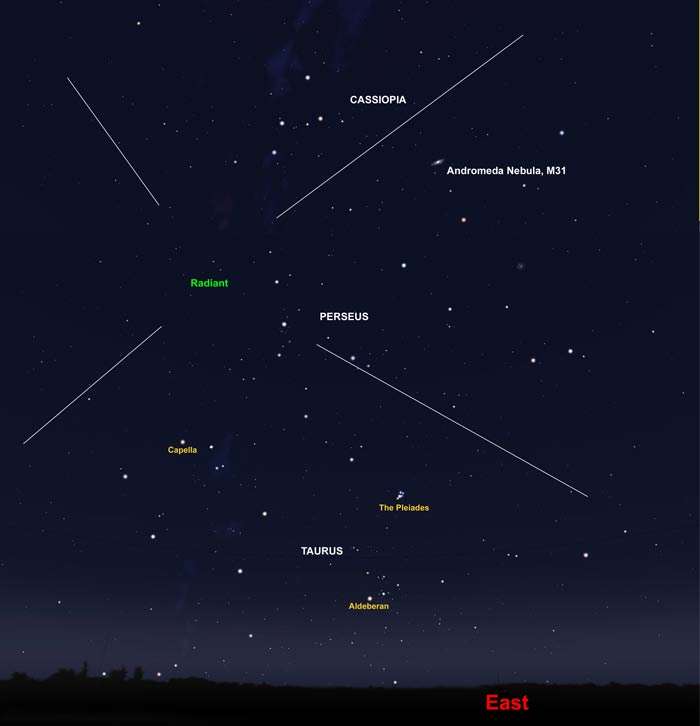Associate
Very nice that there's now a dedicated thread for all of the astronomical stuff.
One of my bookmarks is: http://spaceflight.nasa.gov/realdata/sightings/cities/skywatch.cgi?country=United+Kingdom
I'm sure you all have it, but its real time tracking and sighting opportunities for the ISS.
I just find it fascinating looking it up on there then walking outside, hopefully in dark enough conditions and see it flying by. Managed to see it (only)3 times now but still amazing!
Look forward to seeing everyone's interesting posts!
One of my bookmarks is: http://spaceflight.nasa.gov/realdata/sightings/cities/skywatch.cgi?country=United+Kingdom
I'm sure you all have it, but its real time tracking and sighting opportunities for the ISS.
I just find it fascinating looking it up on there then walking outside, hopefully in dark enough conditions and see it flying by. Managed to see it (only)3 times now but still amazing!
Look forward to seeing everyone's interesting posts!


 - im also a bit clueless, so will be out of the loop with half of the discussions going on.
- im also a bit clueless, so will be out of the loop with half of the discussions going on.






